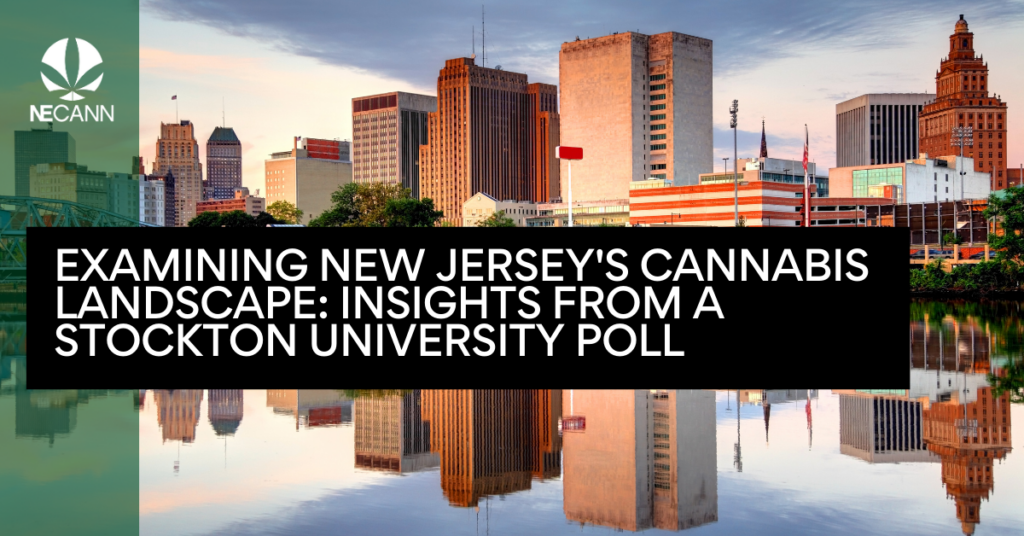New Jersey’s journey into cannabis legalization has reached its one-year mark, prompting Stockton University to conduct a comprehensive poll to gauge the pulse of the state’s cannabis market. The survey, which involved 660 New Jersey residents, offers valuable insights into consumption patterns, satisfaction levels, preferences for cannabis attractions, and the impact of political affiliations.
The poll reveals that approximately one-third of New Jersey adults have embraced cannabis since its legalization. Among cannabis consumers, 47% used it recreationally, 14% exclusively for medical purposes, and 39% for both medical and recreational reasons. These figures underscore the increasing acceptance and popularity of cannabis among New Jersey residents.
A significant majority, 69%, reported buying cannabis products from licensed dispensaries, indicating a strong reliance on legal channels for their cannabis needs. Impressively, 86% of these individuals expressed satisfaction with their dispensary experiences. Factors contributing to their contentment included the assurance of product safety (43%) and perceived product quality (23%). However, a mere 7% voiced satisfaction with the pricing of cannabis products, suggesting room for improvement in terms of affordability.
Approximately 30% of respondents admitted to purchasing cannabis from unregulated sources. Of those, 18% cited high prices or taxes at dispensaries as the primary motivation behind seeking alternative options. However, the predominant reason for resorting to illegal sources was the lack of nearby legal dispensaries. These findings underscore the need to enhance the accessibility of legal dispensaries to discourage participation in the illicit market.
Nearly half (48%) of those surveyed expressed support for cannabis attractions, including consumption lounges. Surprisingly, 50% of respondents from South Jersey, an area heavily reliant on tourism, opposed the establishment of such attractions. This division suggests that careful consideration of local preferences and economic factors is necessary when planning and implementing cannabis-related tourism initiatives.
While slightly over half (53%) of the respondents favored the presence of adult-use dispensaries in their towns, this figure demonstrated a slight decrease from the previous year’s poll, where 56% expressed support. This decline indicates a potential shift in public sentiment or heightened concerns regarding the proliferation of dispensaries. Understanding the underlying reasons for this change in perception will be crucial in shaping future regulatory decisions.
The survey shed light on the relationship between political affiliations and cannabis consumption. It revealed that 37% of male respondents and 28% of female respondents reported consuming cannabis. Additionally, Democrats were more likely to consume cannabis compared to Republicans or independents, with consumption rates of 38%, 24%, and 32%, respectively. These findings emphasize the influence of political ideology on cannabis usage patterns within the state.
The Stockton University poll offers valuable insights into New Jersey’s evolving cannabis landscape. As the state celebrates one year of legalization, it is clear that cannabis consumption has gained significant traction. However, challenges remain in terms of pricing, access to legal dispensaries, and addressing concerns surrounding the proliferation of cannabis attractions. Understanding the interplay between political affiliations and cannabis consumption can inform policy decisions as New Jersey continues to navigate the path forward in its cannabis industry.



